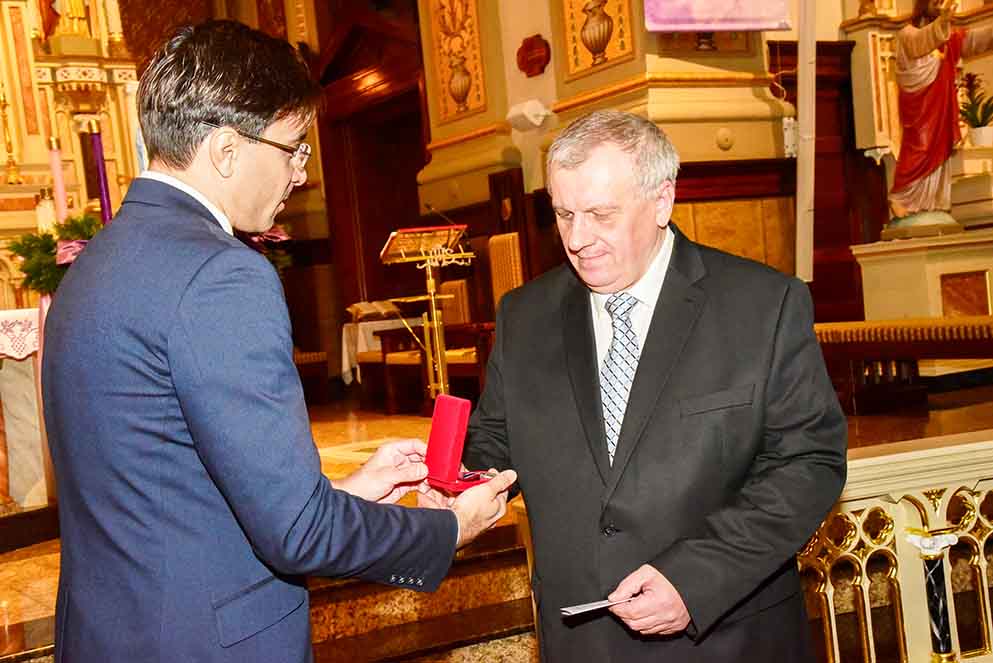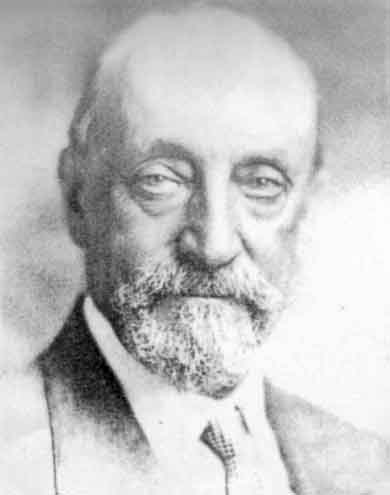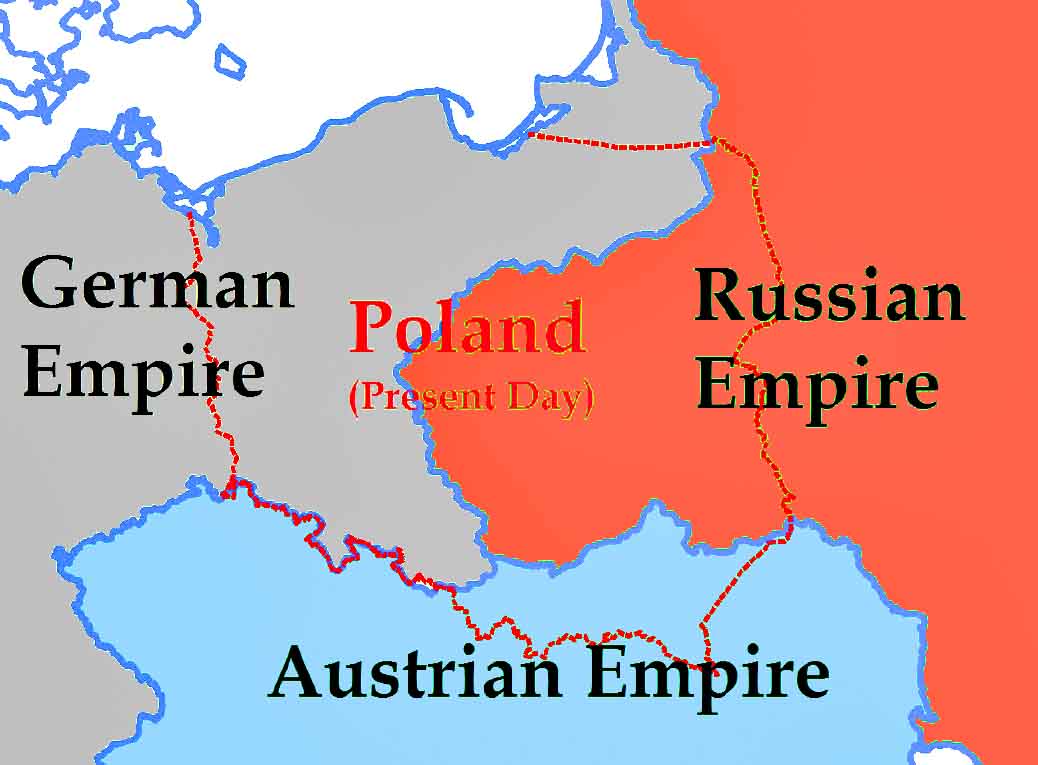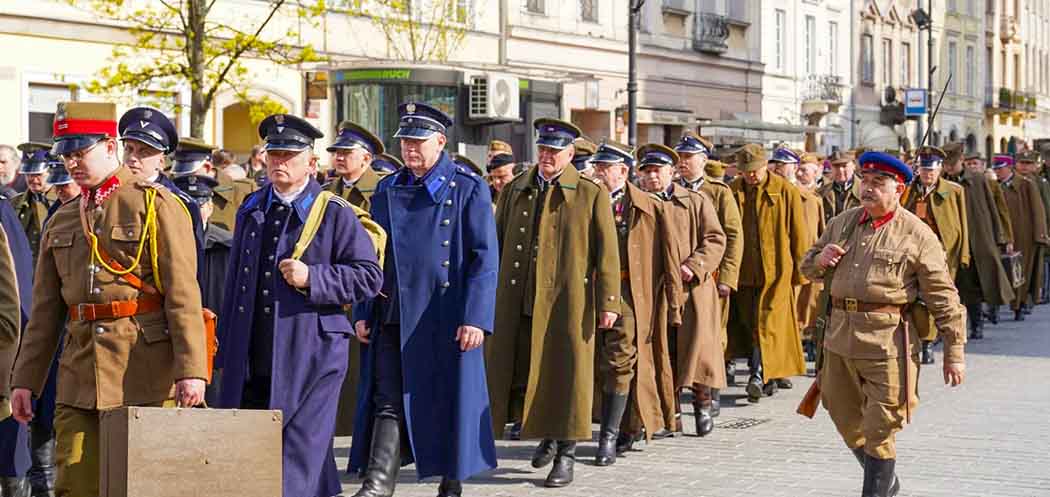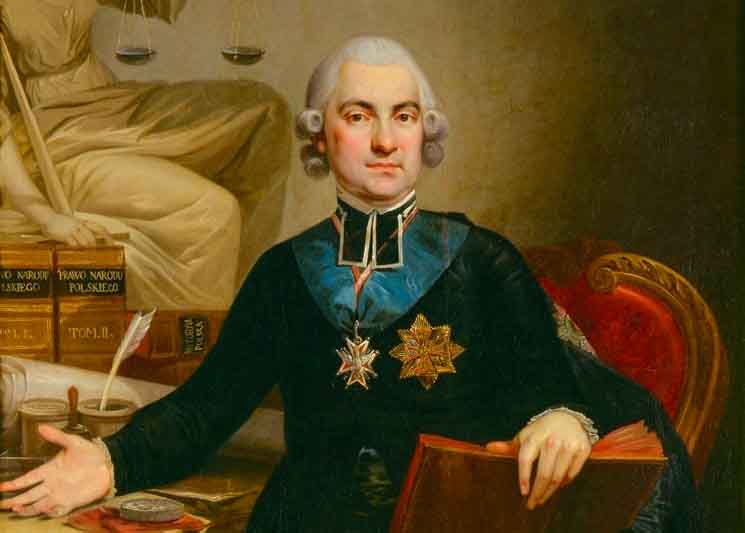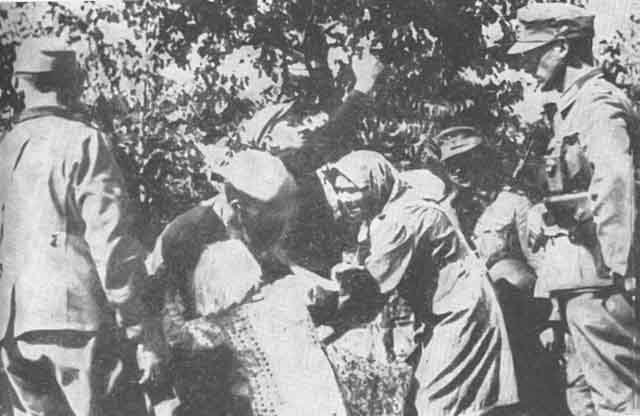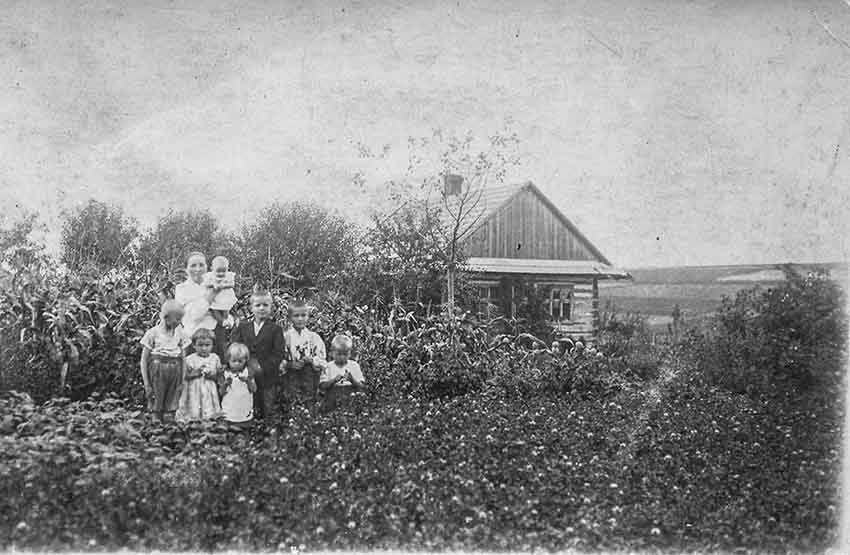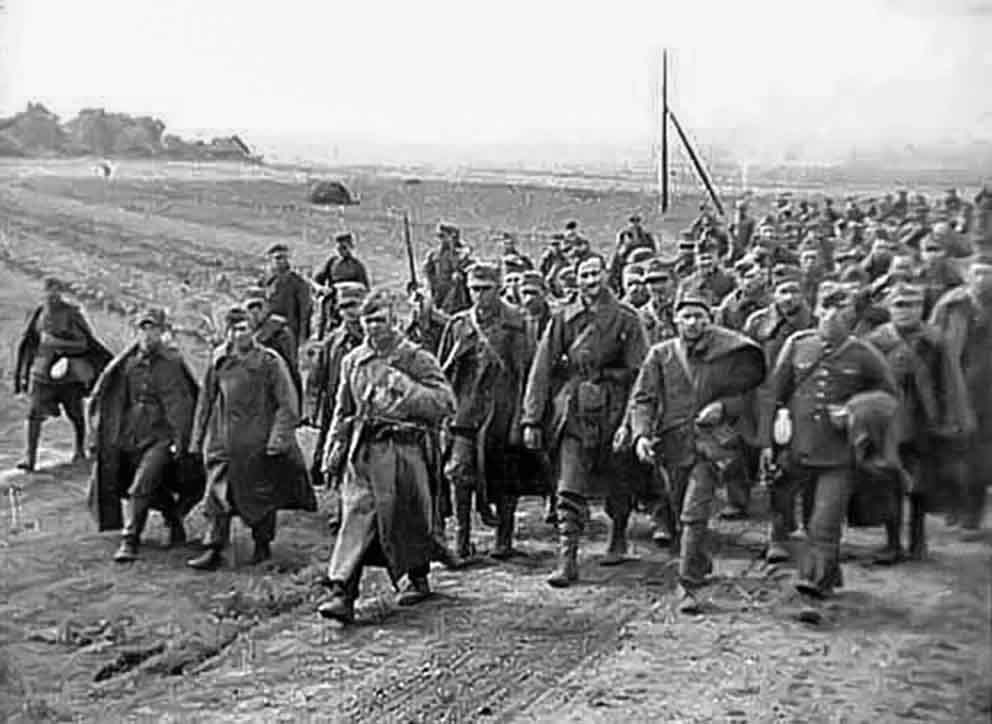Polish elites in Warsaw are increasingly using the term "conflicted Polonia", which is a narrative created in Warsaw by the "good change" elites to camouflage their incompetence in working with their diaspora.
Read more... Reading time 22 min.Interview with Marek Bober, long-time editor-in-chief of "Kurier Chicago".
Read more... Reading time 18 min.He was called an artist of concrete and steel. Although he had perfect pitch and from the age of 10 he accompanied his mother, Helena Modrzejewska, on the piano, he became a virtuoso of technology. He built almost 40 bridges, most of which are still in use today.
Read more... Reading time 4 min.The story of Poland's diaspora and its integral connection with Poland goes back to the 19th century. It began with the emigration of Poles from their partitioned homeland after the suppression of the "November Insurrection" in 1831.
Read more... Reading time 10 min.During my research, I came across various materials, and after reading them, I could not believe that one could plan the annihilation of another nation so emotionlessly, coldly, on economic principles.
Read more... Reading time 4 min.In my professional work at Channel 6 of Milwaukee Television, I met many people of Polish origin who were interested in creating a documentary film showing the love of freedom and brotherhood in arms of Poles and Americans.
Read more... Reading time 5 min.The aim of the Soviet invasion of September 17, 1939, was not only to take over a specific area, but also to permanently eliminate the leadership layer of the conquered lands. Mayors and former mayors, as well as other professional groups representing the Polish state or constituting local elites, found themselves under a direct threat.
Read more... Reading time 6 min.It is clear that that Germany recognizes its responsibility for the outbreak of World War II and the destruction it caused, and it is clear that no serious reparations have been paid to Poland in connection with this aggression. These are facts, and «there is no point in arguing about the facts».
Read more... Reading time 16 min.We are all directly and indirectly connected with education. We are teachers, students, parents of students, givers, and recipients of what we, as students, acquired during our education.
Read more... Reading time 6 min.80 years have passed since the height of the abduction of Polish children by Nazi organizations. We need to remember those tragic moments and the heroic activities of attorney Hrabar. No amount of reparations can compensate for those wrongs, even time cannot heal the wounds, but we must prevent that history from repeating itself.
Read more... Reading time 9 min.The law in German-occupied Poland required that every Jew be handed over to the German authorities. Breaking this law meant a death sentence for the entire family.
Read more... Reading time 5 min.Wojciech Materski
Although Russia has officially acknowledged the perpetration of the Katyn massacre, this truth is virtually absent from Russian historiography today. For it does not fit into the myth of the great victory of the war, any more than the Hitler-Stalin pact of 1939, the mass deportations, the enslavement of the Baltic republics, or the colossal scale of the Red Army's marauding in the final phase of the Second World War.
Read more...



